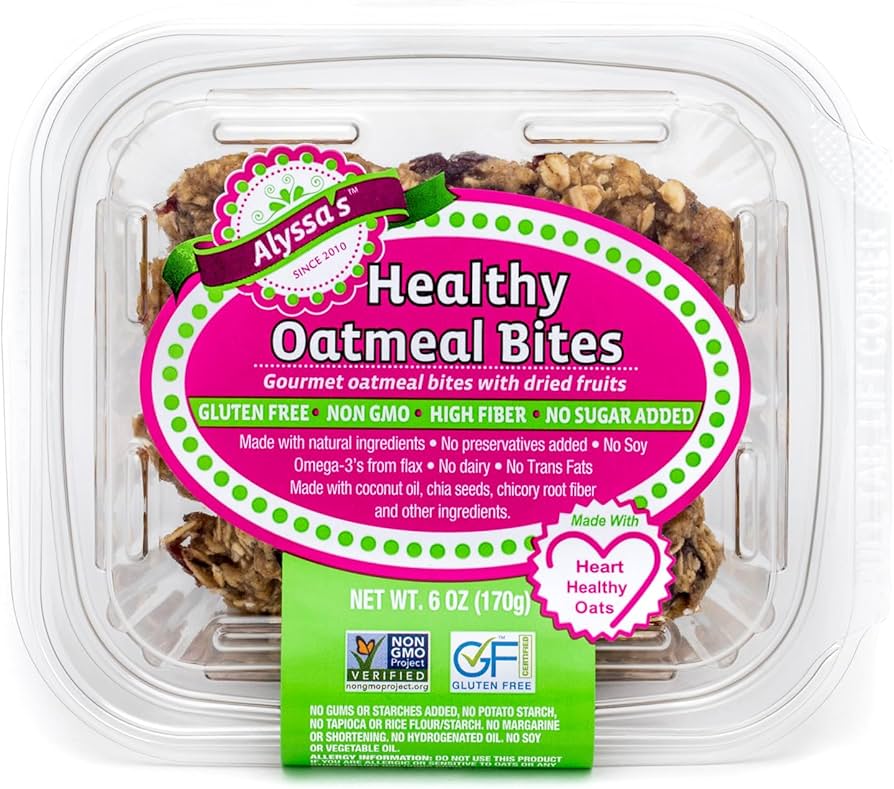Essential Guide to Keto vs Carnivore: Discover the Best Diet for 2025

Keto Diet Overview
The keto diet, short for ketogenic diet, has gained immense popularity due to its focus on high-fat intake that significantly lowers carbohydrate consumption. By dramatically reducing *carbohydrate intake,* the body enters a state of nutritional ketosis, where it utilizes fat as its primary energy source instead of sugars. This method not only aids in **weight loss** but also enhances energy levels, mental clarity, and appetite regulation. To achieve optimal results, individuals must be mindful of food choices, ensuring they select healthy fats and high-quality protein sources.
Keto Benefits for Long-term Health
Adopting a ketogenic lifestyle can present numerous health benefits. Many followers of the *keto diet* report benefits, including reduced inflammation, improved cholesterol levels, and better blood sugar control. Transitioning into ketosis can amplify fat metabolism and promote muscle gain, as the body spares muscle tissue during weight loss. Moreover, nutritional ketosis has implications for metabolic adaptation, supporting individuals with diabetes or those aiming to enhance their overall health markers.
Meal Prep Tips for the Keto Diet
Effective meal prep can streamline adherence to the keto diet. Creating a balanced *keto meal plan* involves strategizing meals that emphasize low carbohydrate intake while ensuring adequate *dietary fat* and protein sources. Options include using a variety of keto recipes such as zucchini noodles, cauliflower rice, and healthy fat-rich snacks like avocados and olives. Incorporating nutrient-dense foods into your meal prep can help mitigate potential nutrient deficiencies, supporting your body’s health during the transition.
Keto Recipes That Promote Nutritional Variety
Incorporating diverse flavors and food choices is essential in a *keto-friendly diet.* Some popular keto recipes include creamy garlic chicken, cauliflower & cheese casserole, and keto-friendly smoothies that blend leafy greens with high-fat ingredients like coconut milk or nut butter. Maintaining a range of flavors not only enhances satisfaction but also ensures that you receive various vitamins and minerals, vital for sustaining energy and overall health.
Carnivore Diet Essentials
The carnivore diet strictly focuses on animal foods, advocating for a nutrient-rich, all-meat menu that eliminates all plant-based foods. Often labeled as an *animal-based diet*, it challenges conventional dietary practices by suggesting that *fiber intake* may not be necessary for everyone. Many followers believe this approach can simplify food choices, boost mental clarity, and assist with digestive health by providing high levels of protein and dietary fat.
Carnivore Meal Plan for Beginners
Starting a carnivore meal plan requires an understanding of protein sources and how they fit into your daily intake. Planning meals primarily around meats like beef, chicken, and fish, along with healthy fats from animal sources, can help you meet dietary goals effectively. It’s crucial to track your *nutrient absorption* to identify any potential gaps, as nutrient density varies among animal-based products.
Health Benefits of the Carnivore Diet
The carnivore diet touts benefits similar to the keto diet, including decreased inflammation, improved energy levels, and better insulin response. Since the diet emphasizes fat adaptation, many users also report significant improvements in appetite regulation and weight loss. Exploring evidence of improved gut health and hormonal balance can further showcase the diet's potential long-term sustainability for certain individuals.
Carnivore Recipes and Culinary Methods
Crafting enjoyable meals in a *carnivore diet* doesn't have to be dull. Delicious carnivore recipes include well-seasoned steak, chicken thighs cooked in duck fat, and seafood. Culinary methods such as roasting, grilling, or slow cooking are perfect for enhancing flavors in your meat. Such approaches can help sustain adherence to the diet by making mealtime exciting and satisfying. No matter your food preferences, emphasis on quality is paramount for optimal health outcomes.
Comparing Keto and Carnivore Diets
When examining *keto vs carnivore*, it’s essential to consider the distinct principles governing each diet. The keto diet allows for a wider variety of foods, including dairy, nuts, and low-carb vegetables. In contrast, the *carnivore diet* eliminates all non-animal food sources. This leads to distinct effects on factors like *weight management*, gut health, and dietary psychology. Analyzing these differences can assist individuals in making informed choices suitable for their lifestyles.
Weight Loss on Keto and Carnivore
Both the *keto diet* and the *carnivore diet* are effective for weight loss, yet they function differently. The keto diet encourages the body to shift towards fat utilization for energy through low carbohydrate consumption, while the carnivore diet promotes a holistic weight loss approach by eliminating all plant-based foods and focusing entirely on meat. An examination of personal health goals can help determine which path is better suited for achieving weight management while enhancing overall health effects.
Long-term Sustainability: Which Diet Wins?
Considering *long-term sustainability* across different dietary patterns is crucial. The *keto diet* presents more flexibility, allowing for food variety, which might suit greater populations. Meanwhile, followers of the *carnivore diet* often advocate for its simplicity and straightforward approach to nutrient intake. Ultimately, the choice may rely on individual food preferences, lifestyle considerations, and any past dietary experiences.
Health Effects: Exploring Energy Levels
When evaluating the health effects of the *keto diet* compared to the *carnivore diet*, the influence on energy levels is paramount. Many adherents of both diets report significantly increased energy, driven by efficient fat oxidation. However, some individuals may experience what is known as the *keto flu* during initial transitions. Understanding one's metabolic response laid out through comprehensive dietary tracking helps appreciate nutritional strategies aimed at sustaining high energy levels throughout the day.
Key Takeaways
- The keto diet reduces carbohydrate intake to promote fat utilization in energy production.
- The *carnivore diet* focuses exclusively on animal products, simplifying meal choices.
- Both diets can lead to weight loss and improved health markers, but the experiences may differ.
- Meal prep and recipe flexibility are critical for long-term adherence to either diet.
- Ultimately, choosing the right dietary approach hinges on personal nutritional goals and preferences.
FAQ
1. What are the main differences between the keto diet and the carnivore diet?
The key difference lies in food choices. The keto diet includes a variety of foods like low-carb vegetables and dairy, while the *carnivore diet* solely consists of animal-based products. This distinction affects nutrient intake and dietary flexibility.
2. Can I maintain muscle gain on a carnivore diet?
Yes, individuals can effectively gain muscle on a *carnivore diet* due to its protein density and emphasis on healthy fats. As long as you maintain a caloric surplus and optimal protein quality, muscle gain is certainly achievable.
3. How do both diets impact gut health?
While the *keto diet* promotes various food choices that may support gut health through a fiber intake, the *carnivore diet* focuses on animal foods, which can improve digestive efficiency for some individuals. Each individual may react differently, highlighting the importance of personalized nutrition.
4. What are some common *keto recipes* that I can try?
Popular *keto recipes* include cauliflower mash, keto-friendly pizza made with almond flour, and avocado egg salad. These dishes provide variety while aligning with your dietary restrictions.
5. How can I effectively meal prep for the keto diet?
When meal prepping for the *keto diet*, focus on planning out proteins, healthy fats, and low-carb veggies while being sure to include snacks that are compliant with your dietary goals. Create a food diary to track your meals and nutrients efficiently.
6. What are the challenges of transitioning from keto to a carnivore diet?
The main challenge is adapting to a much stricter range of foods, culminating in fewer meal options. Some people may experience withdrawal symptoms as their bodies adjust. Tracking carbohydrate intake can help transition smoothly.
7. Is dietary fat intake higher on the carnivore diet?
Yes, the *carnivore diet* primarily consists of dietary fat sourced from animal products, making it higher in fat than the *keto diet*. This focus can significantly affect energy levels and appetite control.
